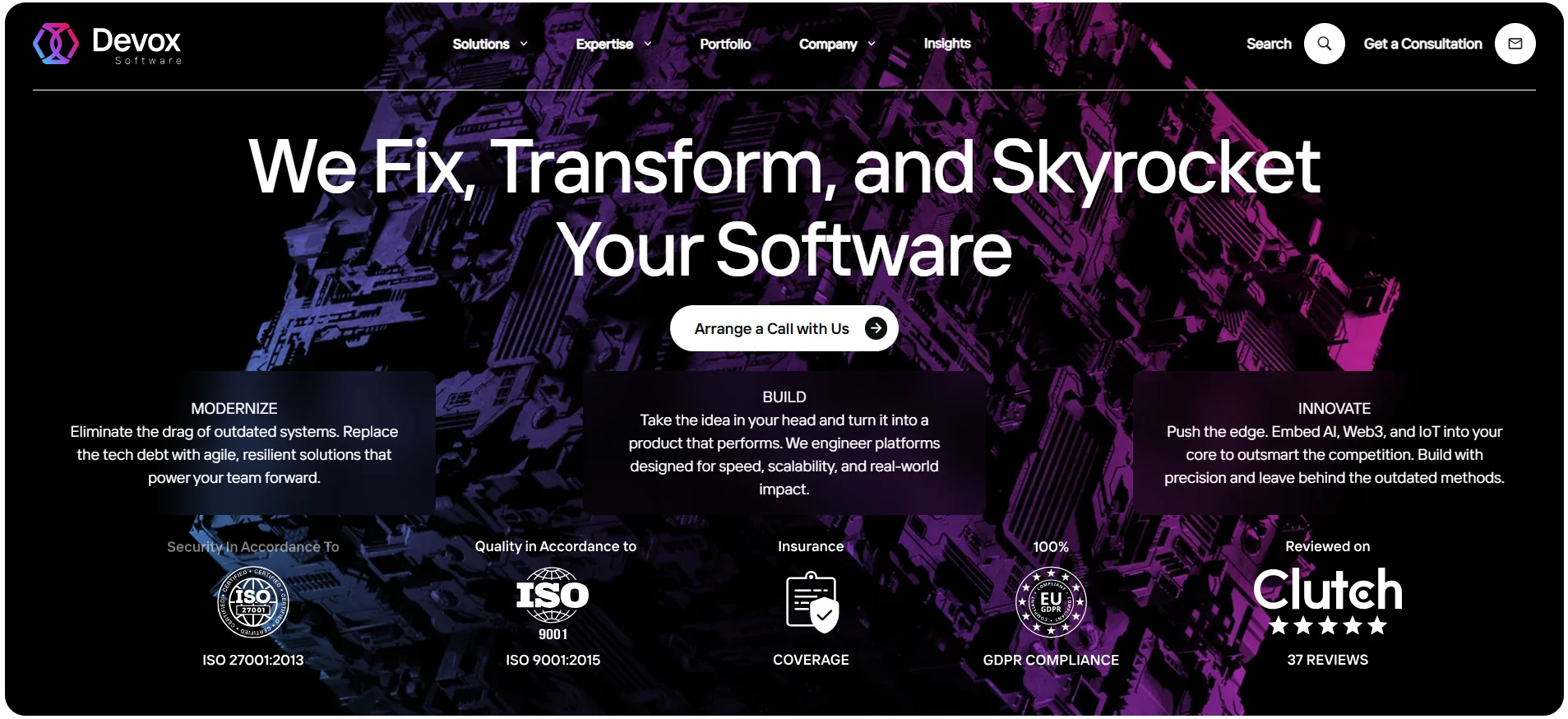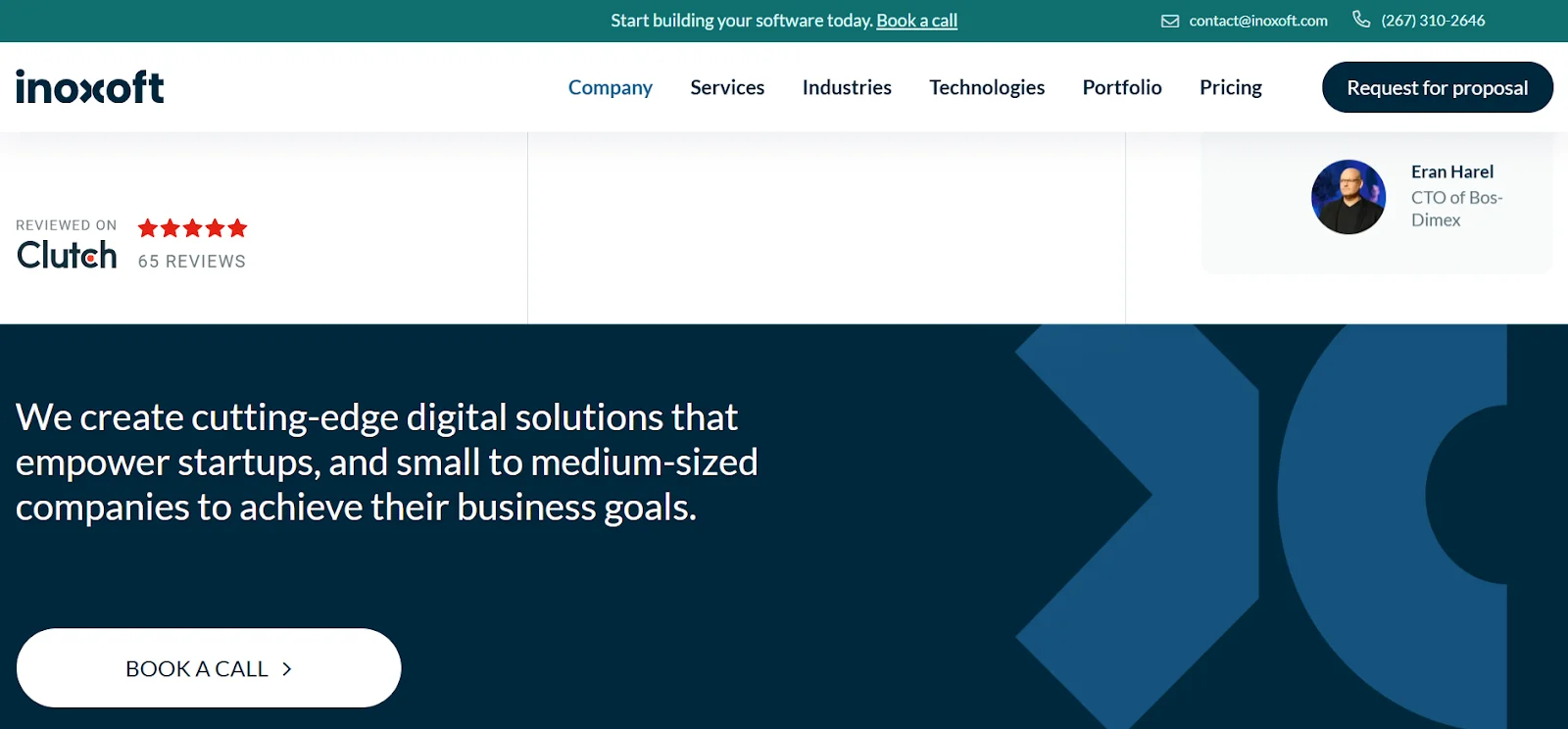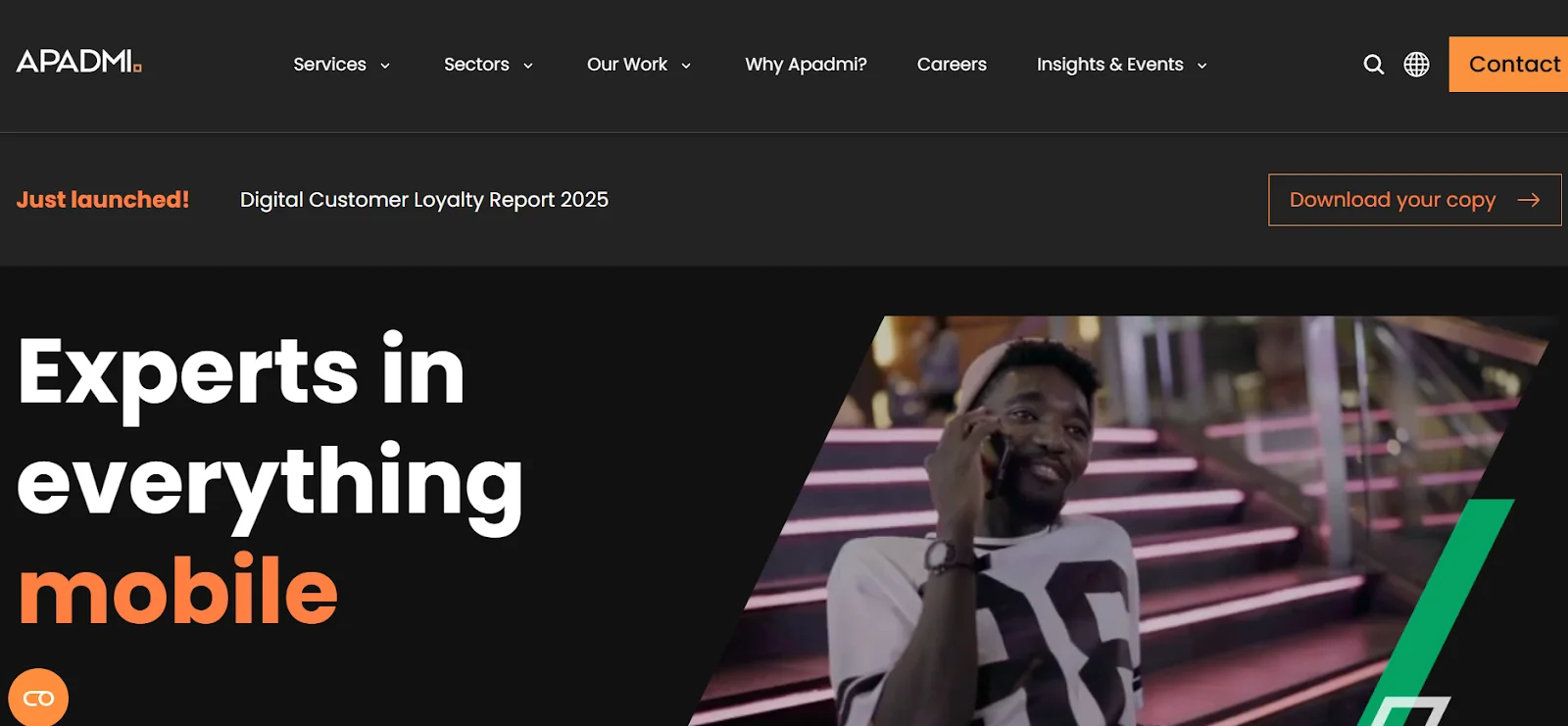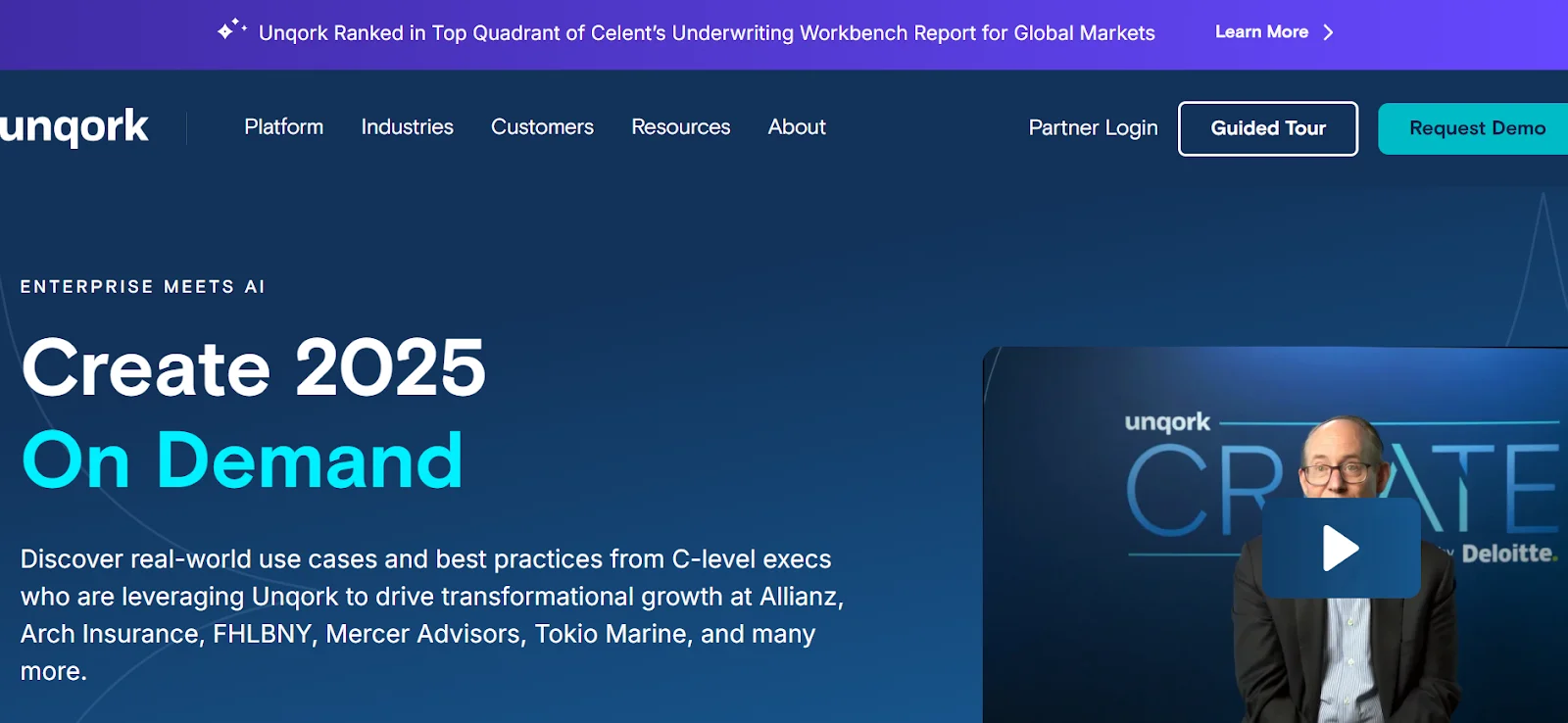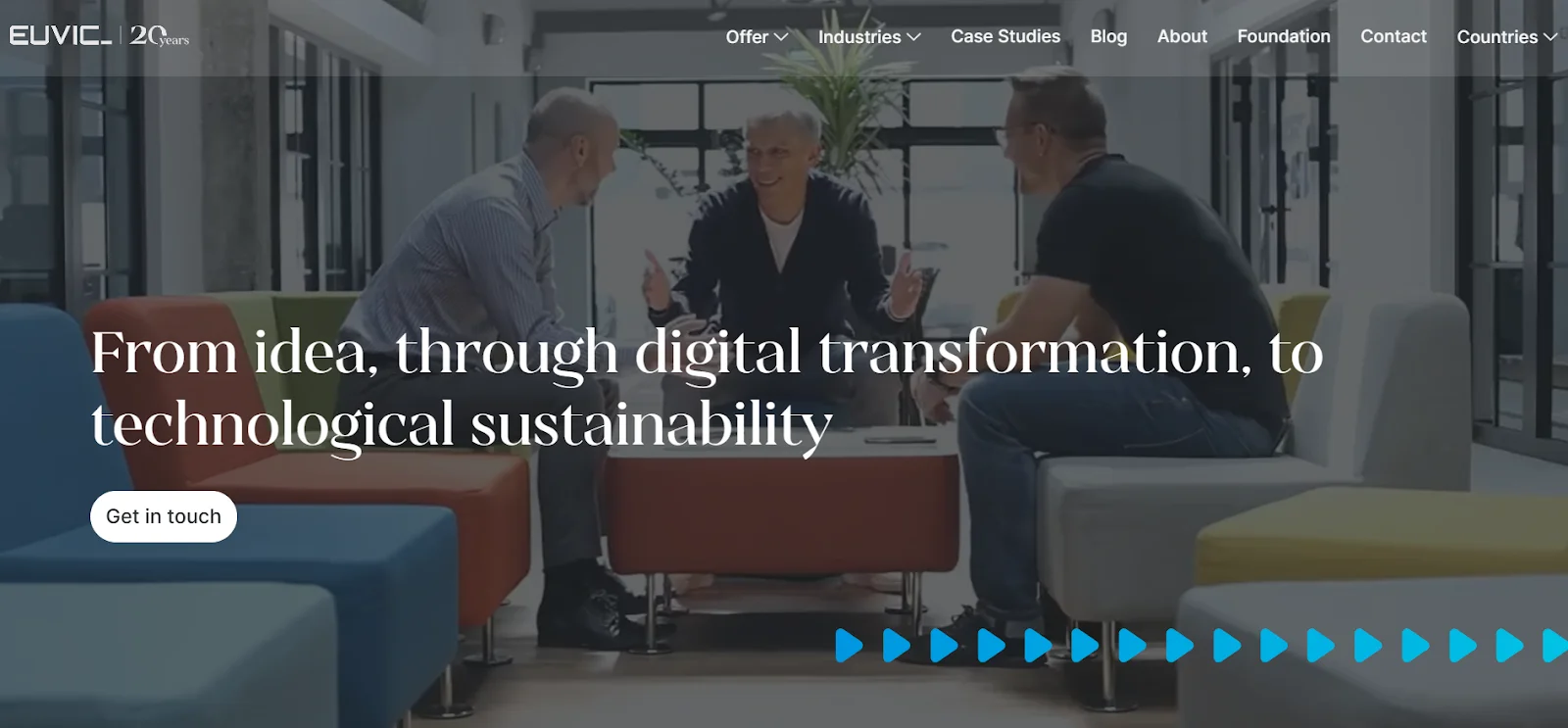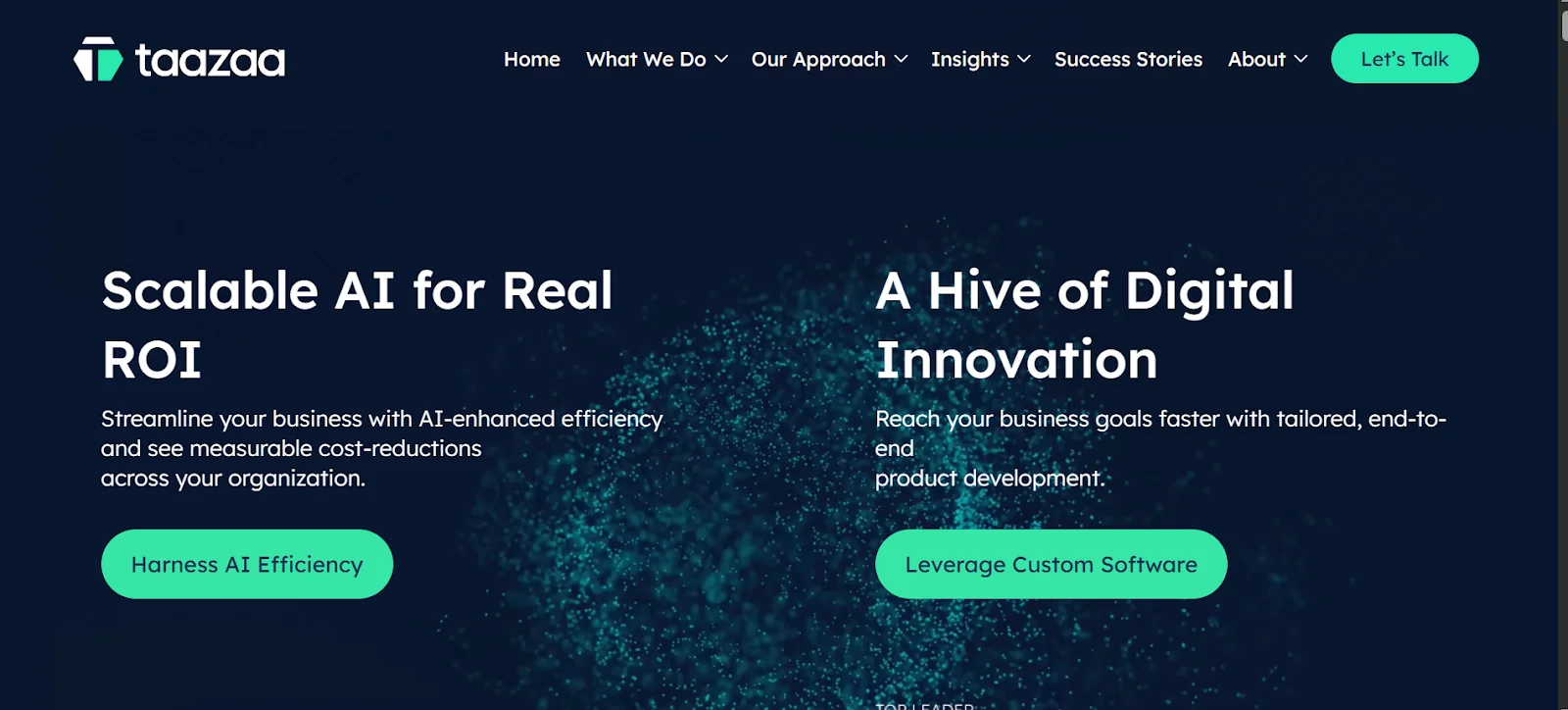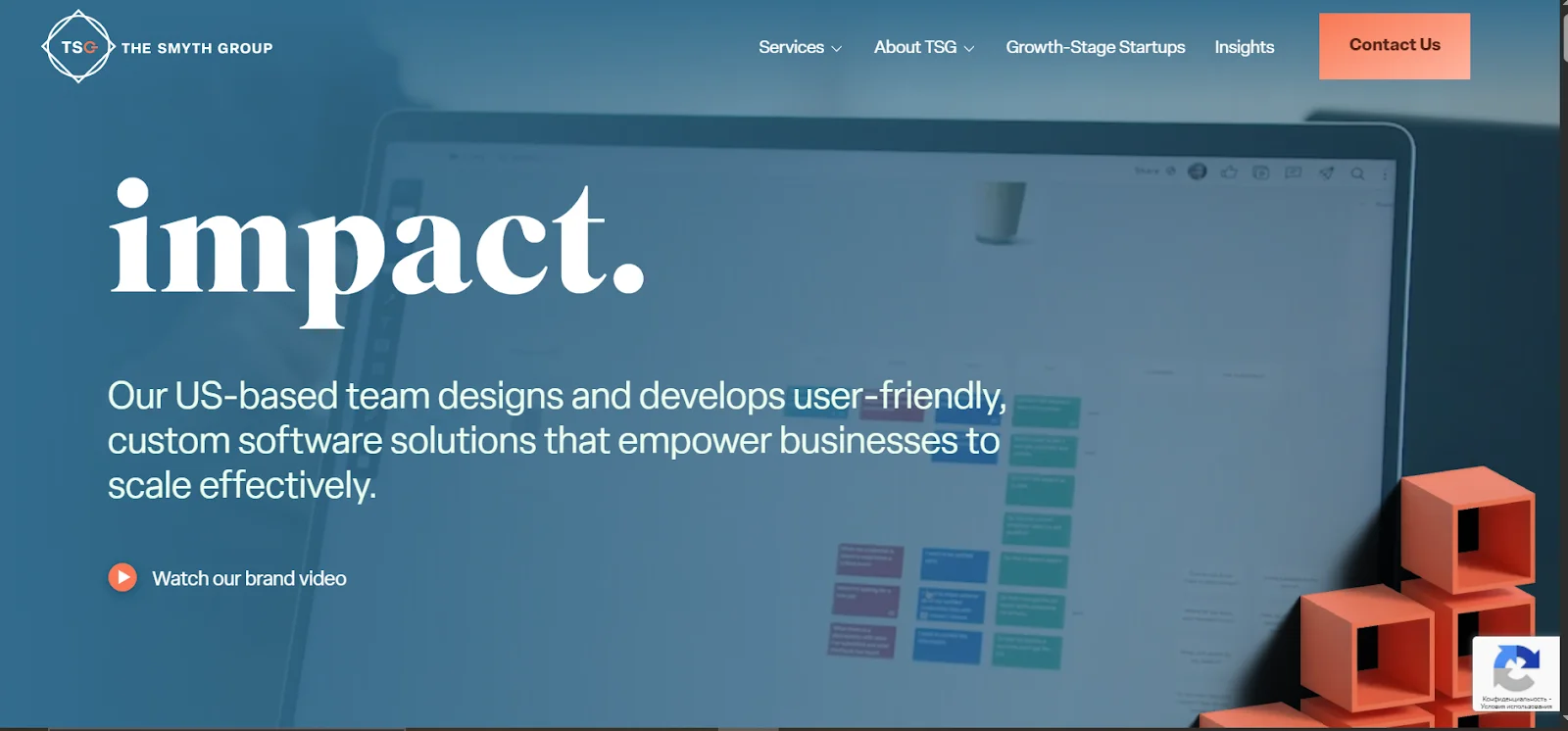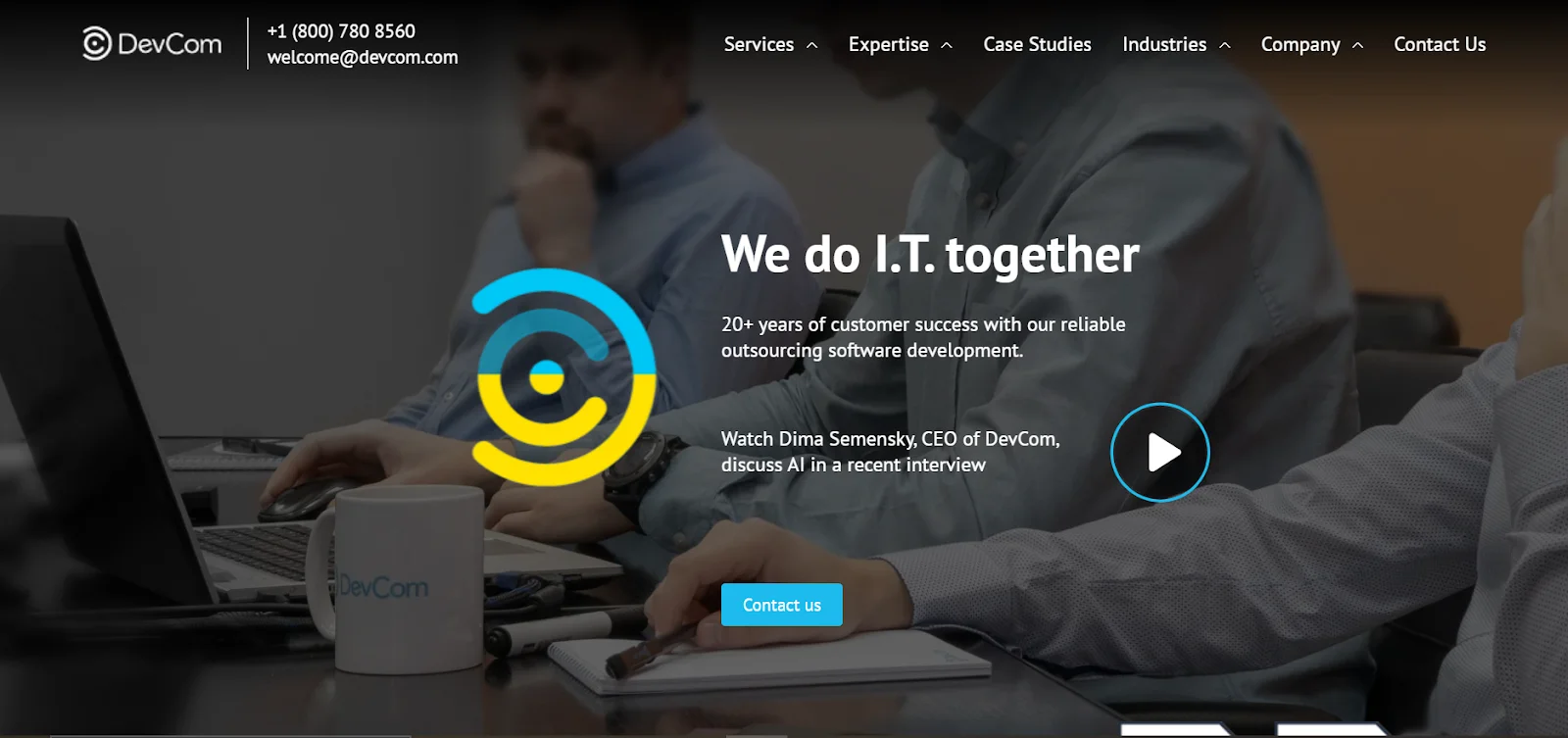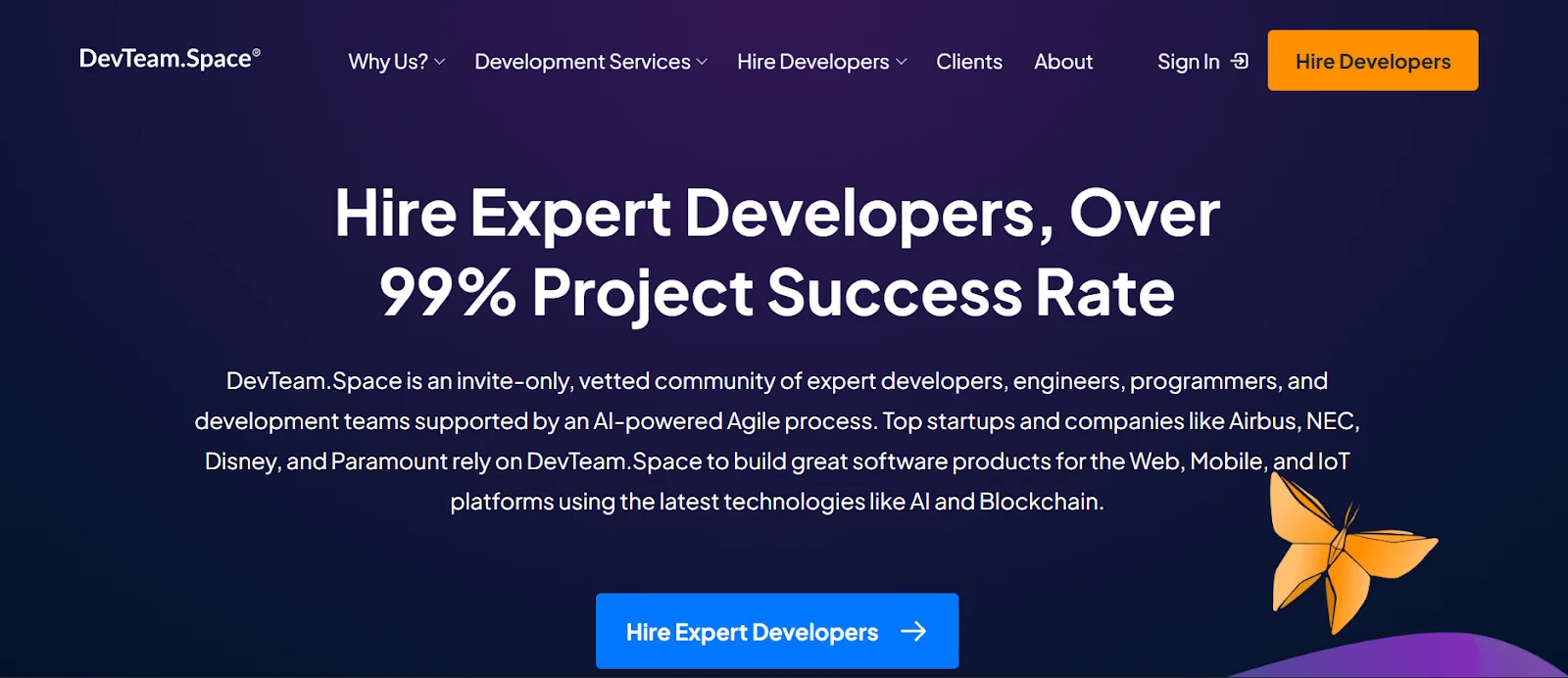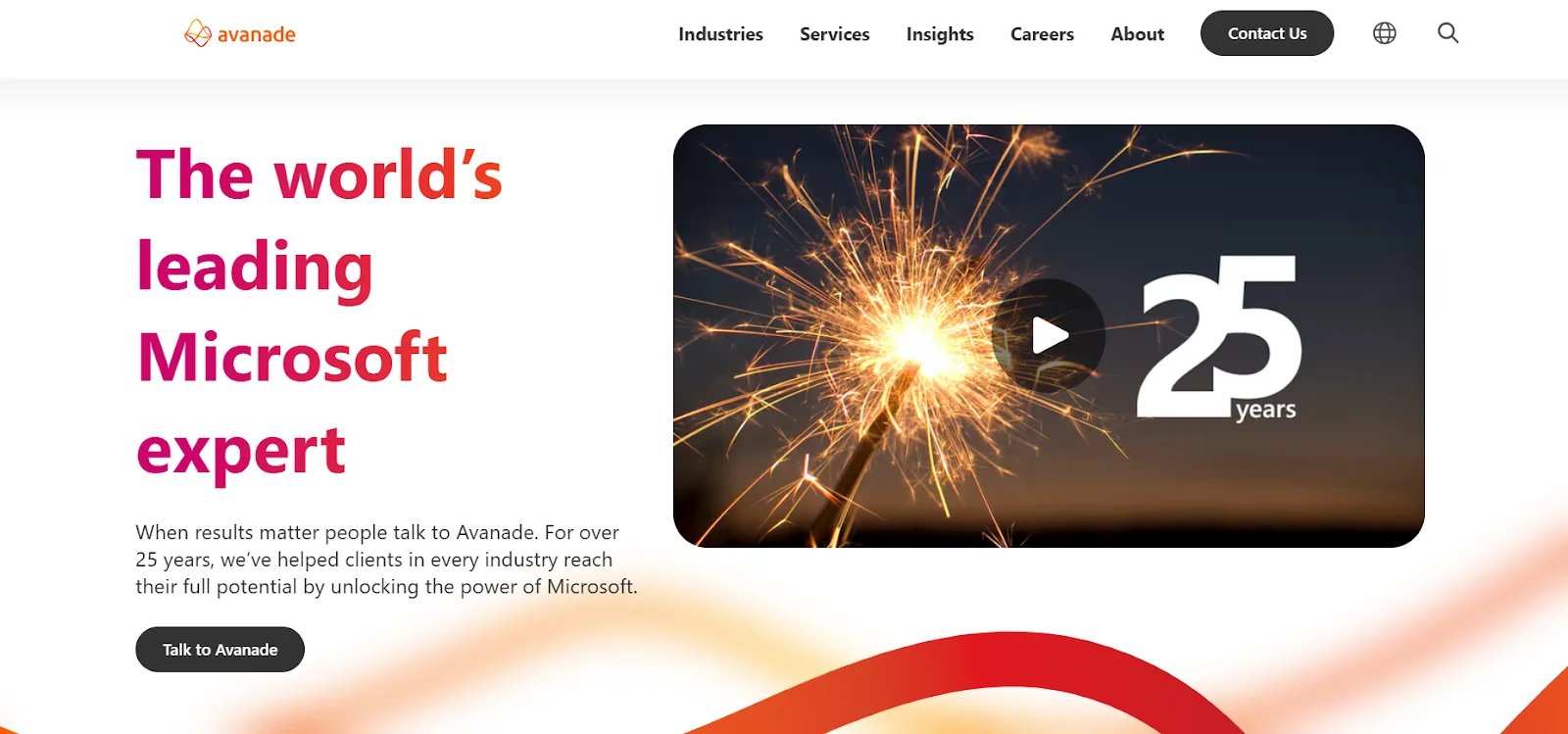Table of content
Businesses built on outdated software are reaching a breaking point as technology advances. If you think that modernizing is only for those businesses that profit from it directly, you might be wrong. Once brilliant, legacy systems have become liabilities that impede innovation, slow growth, and increase expenses.
We’ve prepared for you the top legacy modernization companies that push the industry to the limits and further. So, if you rely on them, they won’t fail you. Let’s get started.
Why Should I Modernize Outdated Systems?
Legacy modernization is a must if companies hope to maintain their competitiveness, lower risk, and foster future expansion. Here’s a full range of reasons to start modernization right away:
- Performance Bottlenecks: Slow processing rates, system breakdowns, and integration issues are common problems with legacy systems.
- High Maintenance Costs: Inefficient architectures, technological debt, and a lack of vendor support lead to more expensive maintenance.
- Scalability Issues: Dynamic scaling is enabled only with cloud-native solutions, which guarantee high availability and dependability.
- Security Risks: Legacy programs have numerous code flaws, making them vulnerable to security breaches.
- Noncompliance Risks: “61% of telco leaders believe regulatory risks will significantly impact their business’s performance over the coming year.” – CEO Outlook Pulse.
- Limitations of the User Experience: Older apps have subpar UI/UX, which lowers user engagement and satisfaction.
Once you’ve opted for legacy app modernization, we’d recommend reading our checklist for transformation before we start. If you’ve done that, it’s time to check the best partners to rely on.
The List of 10 US-based Legacy Modernization Companies
Want to update old systems without interfering with business operations? These ten US-based legacy systems modernization companies can help you stay competitive.
1. Devox Software. From Outdated to Brilliant
Devox Software is an international full-cycle software development company, offering comprehensive legacy application modernization solutions. Our specialty is using AI-enhanced tools to transform legacy apps into cloud-native, scalable solutions that will last.
Our AI Solution AcceleratorTM reduces risk and saves time by streamlining the audit, refactoring, and testing processes by 30%. Moreover, Devox Software guarantees a smooth transition from updating outdated Java or .NET systems to implementing containerized microservices on Azure or AWS.
Perfect for: Mid-sized to large businesses seeking to integrate cloud-native and AI to modernize.
Pros: Full-stack delivery, cloud knowledge, AI-driven refactoring, and robust DevOps.
Cons: Brand visibility and awareness could be improved.
2. Inoxoft. Ready to Fuel Transformation
Inoxoft helps businesses improve their digital profile by providing data science and legacy application modernization solutions, mobile app modernization, and custom software. They promise scalable, high-performance apps to sectors like healthcare, finance, logistics, and real estate.
Perfect for: Startups, mid-sized businesses, and mobile-first corporations.
Pros: Focus on scalability, agile delivery, and industry-specific knowledge.
Cons: Limited access to case studies of enterprise-level legacy transformation.
3. Apadmi Ltd. Experts in Mobile
Apadmi drives its main focus on digital transformation, with cutting-edge mobile and enterprise application solutions. Businesses gain from their capacity to modernize apps in order to increase customer engagement, optimize processes, and spur growth.
Perfect for: Mobile-first modernization and customer-facing digital platforms.
Pros: Excellent UX and mobile design skills, enterprise-level delivery.
Cons: The US localization and support may be affected by UK-based roots.
4. Unqork. A 100-in-1 Platform
Unqork’s no-code platform transforms enterprise application development by quickly updating applications without requiring coding skills. Despite its straightforward approach, their legacy modernization positioning aims at heavily regulated industries like banking, healthcare, and government. That’s why the platform offers robust security and compliance monitoring tools.
Perfect for: Businesses in regulated sectors that require quick deployment.
Pros: Development is accelerated with a no-code platform that prioritizes compliance.
Cons: Potential vendor lock-in and less flexibility for intricate logic-heavy systems.
5. Euvic, Inc. Legacy Experts with Global Reach
With more than 6,000 highly qualified engineers and more than 18 years of experience, Euvic is a reputable legacy app modernization company. Through careful planning, migration, integration, and performance optimization, they specialize in reviving even the most outdated systems.
Perfect for: Complex legacy changes, worldwide scalability.
Pros: A well-organized modernization process, a sizable skill pool, and affordable offshore rates.
Cons: Enterprise-level attention and coordination may be necessary for distributed teams.
6. Taazaa. Human-Centric Legacy Modernization
Taazaa uses a user-first strategy to rejuvenate legacy apps. They convert outdated systems into safe, scalable platforms with a contemporary user experience, and they are well-known for their agile execution and success in the healthcare industry. Digital modernization in regulated workplaces is easy for them because of their clarity, focus, and continuous assistance.
Perfect for: User-centric platforms, healthcare systems, and agile teams.
Pros: Experience with regulations, agile approach, and an emphasis on modern UI/UX.
Cons: Best suited for mid-market projects and small to medium-sized businesses.
7. The Smyth Group. Small Firm, Big Impact
A niche American company called The Smyth Group creates significant upgrading projects. They provide a practical, cooperative method and specialize in rebuilding software systems for municipalities and small to medium-sized businesses. They are a great partner for businesses seeking a personalized touch because of their technical fluency and strategic clarity.
Perfect for: Government, education, and mid-sized enterprises.
Pros: Tailored service, quick turnaround, skilled staff.
Cons: Might not be able to handle large-scale, high-volume projects.
8. DevCom. Legacy Modernization with a Strategic Edge
DevCom offers complete cloud transformations, SaaS upgrades, and CRM systems by fusing technical know-how with strategic business acumen. They assist with the precise and significant modernization of systems and are renowned for their exceptional DevOps and custom CRM solutions.
Perfect for: Full-cycle delivery, cloud-native transitions, and CRM modernization.
Pros: Excellent DevOps skills and alignment with corporate objectives.
Cons: Not all of the team is located in the US.
9. DevTeamSpace – Managed Teams, Measurable Outcomes
DevTeamSpace integrates a managed delivery strategy with verified engineers. With a focus on backend system updates and AI/ML modernization, they collaborate with industry titans like Disney and NEC to provide lasting change.
Perfect for: AI-integrated platforms and enterprise-grade backend modernization.
Pros: Well-prepared engineers, organized delivery, and expandable teams.
Cons: The platform restricts flexibility and costs more than usual for freelancing teams.
10. Avanade. Leading Expert in Microsoft
Avanade, a joint venture between Accenture and Microsoft, offers Fortune 500 clients enterprise-grade legacy modernization, AI integration, and Azure-based modernization. They assist companies with modernizing key systems for performance, security, and scalability by contributing unparalleled experience in Microsoft technologies.
Ideal for: Extensive modernization, Microsoft-first businesses.
Pros: Worldwide distribution and technical maturity.
Cons: Expensive; less appropriate for non-Microsoft ecosystems or startups.
Final Thoughts: Why Experience Matters in Legacy Modernization
A legacy system’s modernization is a business-critical change, which is why businesses may delay it due to the interruption concerns. However, modernization-related downtime is not frequent with in-depth technical knowledge, subject awareness, and a risk-reduction mentality.
That is precisely what the aforementioned businesses offer. These application modernization companies assist in turning outdated software back into an asset, helping to maintain your competitive edge or support your business strategy.
Consider modernization? Consult a Devox Software’s expert to gain clarity on scope, risks, and budget. Modernize your app from outdated to brilliant with us. Contact now.
Frequently Asked Questions
-
What is the legacy modernization of applications?
Legacy modernization implies transforming outdated systems into cutting-edge, cloud-native, scalable solutions that improve agility, security, and performance. Moreover, these days, businesses often additionally seek to add AI-powered features to stay competitive and future-proof.
-
Why is updating out-of-date software important?
Legacy systems are gradually becoming obsolete. They raise expenses with outdated on-premise infrastructure, slow down operations because of monolithic architecture, and create security threats with unpatched gaps. That’s why further development and integration capabilities are limited. Legacy modernization, in its turn, helps eliminate these drawbacks with contemporary technologies.
-
What is the average duration of a project to modernize a legacy application?
The duration fully depends on the project scope, including the app complexity and the modernization strategy. Lift-and-shift migrations, being simple, have shorter timelines. However, larger projects may take a few weeks or, in the case of complete re-architectures, several months.
-
Which modernization strategies are most frequently used?
There are many modernization strategies, each with its limitations and benefits. Replatforming, refactoring, re-architecting, rebuilding, replacing, and rehosting (lift-and-shift) are the most common tactics. The decision of which to choose is made depending on your budget, technical debt, and business objectives.
-
Is it possible to modernize without business interruptions?
Indeed. Modernization doesn’t always mean downtime. With careful planning, parallel systems, and staged rollouts, modernization can happen with little disruption to users or no business interruption at all.










